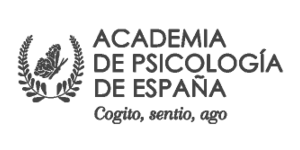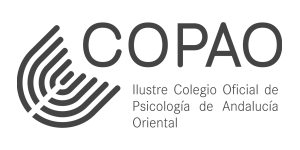Speaker

MARTINE HÉBERT
UNIVERSITY OF QUEBEC IN MONTREAL. CANADA
Martine Hébert (Ph.D. in psychology) is the Tier 1 Canada Research Chair in Interpersonal Traumas and Resilience and the co-holder of the Interuniversity Research Chair Marie-Vincent on child sexual abuse. She is a full professor in the Department of Sexology at the Université du Québec à Montréal (UQAM) and director of the Sexual Violence and Health Research Team (ÉVISSA), an interdisciplinary group dedicated to achieving a comprehensive understanding of sexual violence, including its consequences on mental, physical, and sexual health in various developmental contexts (childhood, adolescence, and early adulthood). She served as the principal investigator of the Youth Romantic Relationships Project and, in collaboration with her partners, developed a school-based program aimed at promoting healthy relationships and preventing dating violence (SPARX program). She is currently conducting a longitudinal study to identify crucial mediators involved in resilience pathways among sexually victimized youth. She has authored 350 articles or chapters and co-edited three books on child sexual abuse and psychosexual development.
Dr. Hébert has received numerous awards, including the Montreal Women’s Y Foundation Women of Distinction Award – Education in 2013, recognizing the quality of her investment in training the next generation of researchers and the undeniable scientific and social impact of her work in the field of interpersonal violence. She was also the recipient of the 2014 Thérèse Gouin-Décarie Prize from the Association francophone pour le savoir, awarded for her outstanding contributions to the field of social sciences. In 2017, her exceptional research contributions earned her a nomination as a Fellow of the Royal Society of Canada, the highest distinction given to researchers in Canada. Her leadership in the field of sexual violence has also been recognized with the Excellence in Psychology Award from the Traumatic Stress Section of the Canadian Psychological Association (CPA) in 2019, the Excellence in Research – Leadership Award from the Université du Québec network in 2021, and the Adrien Pinard Award from the Société Québécoise pour la Recherche en Psychologie (SQRP) in 2021. She was recently named a member of the Canadian Academy of Health Sciences (CAHS).
Intervention and prevention in child sexual abuse

This symposium examines a range of intervention and prevention strategies for childvsexual abuse, highlighting evidence-based approaches and their impact on bothvtrauma and behavioral outcomes. The first paper evaluates the effectiveness ofvTrauma-Focused Cognitive Behavioral Therapy (TF-CBT) provided in a Child AdvocacyvCenter in reducing post-traumatic stress symptoms (PTSS), dissociation, andvbehavioral problems in sexually abused children. The study explores the possible rolevof emotional regulation and alexithymia in sustaining therapeutic gains. The secondvpresentation explores the risk factors associated with problematic sexual behaviors invsexually victimized children, identifying trauma exposure, dissociation, and post-vdisclosure support as key predictors. Boys, children with greater interpersonal trauma exposure, and those with higher dissociation scores were more likely to exhibit problematic sexual behaviors. The third paper assesses a sexual abuse prevention program integrated into the mandatory sex education curriculum for primary school children. Despite a strong baseline of knowledge, the program had limited impact on key outcomes due to a ceiling effect. However, improvements in abuse-related knowledge were observed, highlighting the need for tailored content based on childrens baseline understanding. The final paper evaluates a two-hour online training program aimed at empowering adults working with students to address bullying and violence, including sexual violence. The study found positive effects, including increased knowledge, greater self-efficacy, and stronger motivation to intervene, with participants valuing the engaging and dynamic content. Collectively, these papers underscore the complexity of addressing child sexual abuse, emphasizing the importance of individualized and context-specific interventions that address both the trauma history and developmental needs of children, as well as the evaluation of prevention initiatives.












